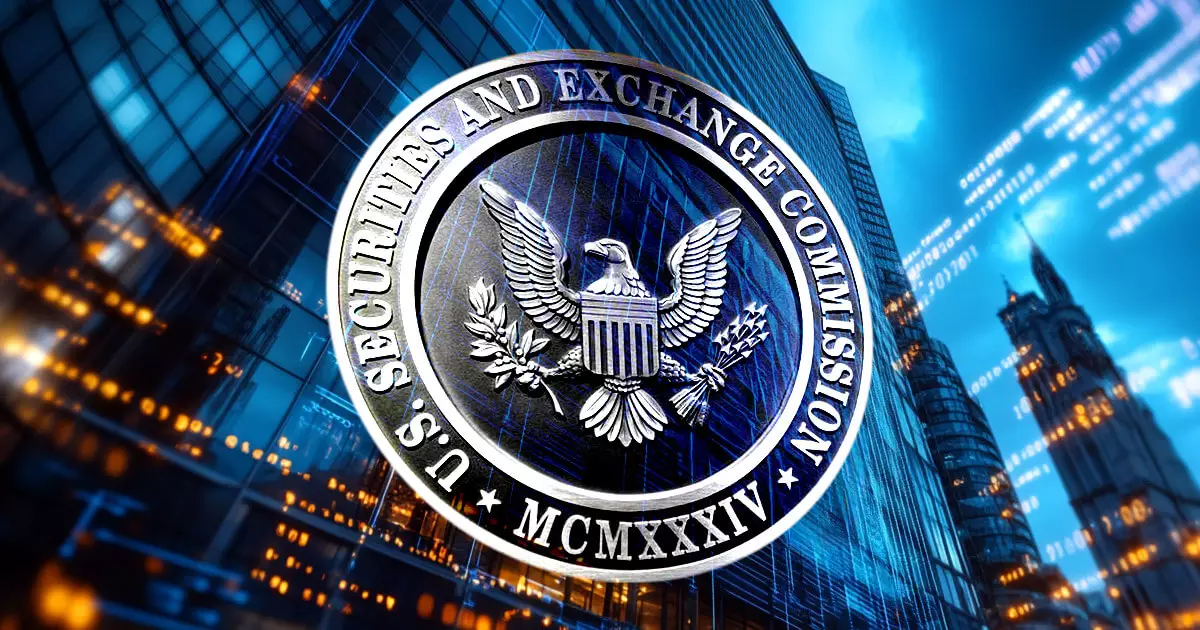The evolution of regulatory frameworks in response to rapidly changing technologies is critical in maintaining market integrity. The U.S. Securities and Exchange Commission (SEC) recently restructured its approach by launching the Cyber and Emerging Technologies Unit (CETU), replacing the previous Crypto Assets and Cyber Unit. This initiative marks a strategic shift in how the SEC aims to combat cyber-related financial crimes while embracing financial innovation.
Announced on February 20, 2023, the CETU’s formation signals a comprehensive reorientation in the SEC’s regulatory focus. This newly established unit aims to tackle emerging threats associated with technological advancements, particularly in artificial intelligence (AI), blockchain technologies, and cybersecurity. With Laura D’Allaird stepping in as the inaugural chief of CETU, this unit promises fresh leadership and vision. Consisting of 30 specialized attorneys and fraud experts, the CETU seeks to pool knowledge from various disciplines within the SEC’s nine regional offices, thereby fostering a more integrated approach to regulation.
The new unit is particularly noteworthy for its commitment to addressing specific financial crimes, such as AI-driven fraud schemes, manipulation via social media, and hacking incidents targeting sensitive financial information. The CETU’s targeted focus on these areas illustrates the SEC’s recognition of the nuanced problems brought about by technological advancements and reaffirms its intention to adapt regulatory strategies to meet evolving challenges.
A significant aspect of CETU’s operation will be its collaboration with Commissioner Hester Peirce’s Crypto Task Force. Acting SEC Chair Mark Uyeda emphasized the unit’s dual mandate: protecting investors while simultaneously facilitating capital formation and enhancing market efficiency. This is a challenging balance to strike, particularly in a sector as dynamic as digital assets, where the potential for innovation often collides with the risks of fraud and manipulation.
Uyeda’s assertion that the CETU will “deploy enforcement resources judiciously” suggests a more refined and thoughtful approach to regulatory enforcement, which could alleviate some of the uncertainty that previously accompanied SEC actions under former Chair Gary Gensler. It indicates a move towards not just enforcement for the sake of compliance, but also towards nurturing a regulatory environment conducive to innovation.
The creation of the CETU also reflects lessons learned from prior enforcement actions, especially during Gensler’s tenure, when aggressive litigation against firms like Coinbase and Ripple led to widespread concerns about the regulatory landscape’s stability. The SEC’s renewed focus on streamlining regulatory parameters could pave the way for a more predictable framework for businesses operating within the rapidly evolving digital asset space.
This focus on compliance and clarity is timely, especially considering the broader reforms instituted by the SEC since the beginning of the year. These reforms include rescindments of restrictive accounting guidelines and newly approved spot crypto ETFs, signaling the SEC’s intention to adapt its regulatory frameworks to accommodate market developments while ensuring security against malfeasance.
What makes CETU particularly interesting is that its broad mandate does not explicitly focus on labeling digital assets as unregistered securities. Instead, it addresses outright fraud involving blockchain technology and crypto assets. This nuanced distinction is significant as it suggests a regulatory stance that seeks to delineate between legitimate use of technology for transactions and fraudulent practices exploiting these technologies. Such an approach could cultivate an environment where innovation thrives without undermining investor security.
Overall, the establishment of CETU represents a critical juncture for the SEC amid the ongoing discourse about technological risks, investor protections, and regulatory clarity. As the financial landscape continues to evolve with advancements in AI and blockchain technologies, a robust and flexible regulatory framework will be essential. The CETU’s focus on cybersecurity and financial crime prevention not only aligns with the SEC’s obligations but also underscores a recognition of blockchain technology’s role in the future of global finance. Through this new unit, the SEC hopes to pave the way for responsible innovation while ensuring that the imperative for investor protection remains at the forefront of its mission.
















Leave a Reply